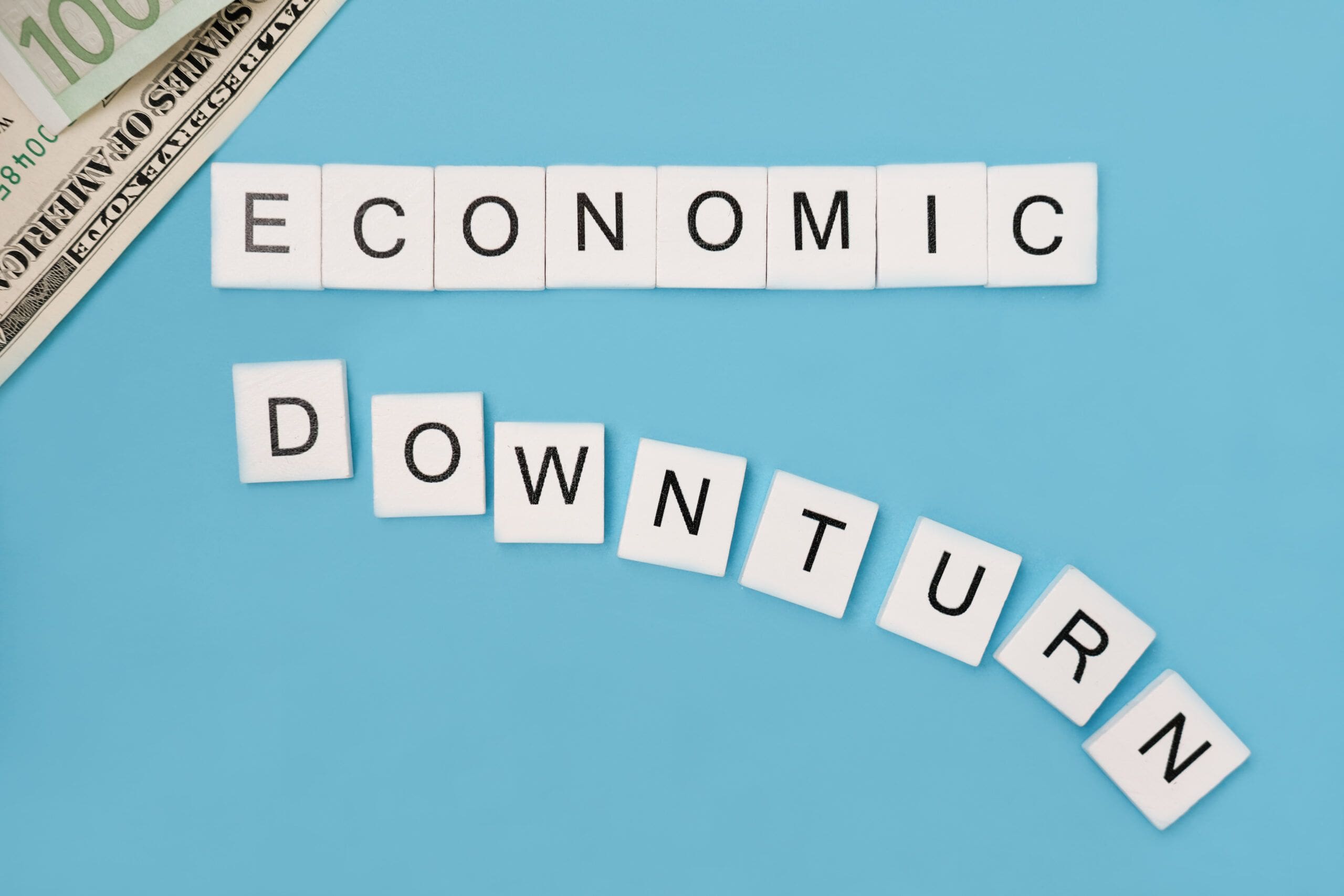By: Brendan Kennedy.
See original post here.
Alana Baltzer credits the year and a half she spent on Ontario’s aborted basic income pilot project for helping her get to where she is today — off social assistance and working a job she loves with plans to attend college in the fall.The experience, even in its abbreviated form, was life-changing.
So she’s happy to see the NDP and Liberal parties promising to bring the pilot back if they’re elected, calling it “an amazing idea. But Baltzer said she probably wouldn’t sign up again, even if she was still on social assistance, given what she went through after the pilot was cancelled in 2018 by Doug Ford’s newly elected government.
“It was just devastating,” she said in a recent interview. “It threw me for a loop for so long.”
As part of the pilot — which Ford had promised to keep running prior to his election — Baltzer thought she would receive $1,915 a month for three years. For the first time in her life she started planning beyond the next month’s cheque. After Ford abruptly cancelled the pilot, she was back on social assistance, her income slashed in half and her plans totally upended. She fell behind on rent, and her grocery budget shrank by two-thirds. She said it took her months to get back on track.
“You get used to eating when you’re able to eat a couple times a day.”
In the nearly four years since Ford axed Ontario’s pilot, the popularity of basic income — a catch-all term used to describe any form of unconditional cash transfer from the government — as a political idea has only grown.
That’s thanks in large part to the pandemic and the Canada Emergency Response Benefit (CERB), which paid $2,000 a month to most people who couldn’t work because of COVID lockdowns. All three opposition parties in Ontario’s election are promising to revive basic income in some fashion — the Green party, long proponents of a basic income, wouldn’t restart the pilot, but would “phase in” a basic income as part of their plan to double social assistance rates — but the Progressive Conservatives, who continue to lead in the polls, intend to keep it mothballed.
Floyd Marinescu, founder of advocacy group UBI Works, says he’s encouraged by how basic income has become part of the electoral conversation even if it isn’t a major campaign issue. “This election, more than any other, we’ve seen basic income become an element of debate where all the parties have to have some sort of stance,” he said. More than 75 candidates across all three opposition parties have pledged to “actively support” the establishment of a basic income, as part of the Basic Income Now campaign organized by a coalition of advocacy groups, including UBI Works.
No Progressive Conservative candidates have signed on. While Marinescu said he’s glad the opposition parties are including basic income in their platforms, he’s disappointed none of them seem to be connecting it to issues beyond poverty alleviation.
“We think basic income can solve many more problems than just increasing social assistance rates,” he said, citing how a basic income can also help address a wide range of issues, including inflation, housing affordability and automation, while encouraging entrepreneurship and job creation.
“I see it as an economic infrastructure to ensure people can pursue their potential, help with life transitions, compensate nonmarket labour, such as students and mothers … and generally reduce exploitation in any shape it comes in,” he said. “It’s so much more than just an alternative to ODSP and Ontario Works.”Outside of Ontario, momentum for the cause continues to build. There is all-party support in P.E.I. for a province-wide “Basic Income Guarantee,” but the province is asking the federal government to help fund it.“Our province’s small size makes it an ideal testing ground for a basic income program before scaling it up to a national scale,” reads a letter from the island’s Progressive Conservative premier, Dennis King, co-signed by both opposition leaders. In December, New Democrat MP Leah Gazan introduced a bill to establish a national framework for a “guaranteed livable basic income,” while an identical bill, sponsored by Sen. Kim Pate, has reached second reading in the Senate. Delegates for the federal Liberal party last year passed a non-binding resolution at its annual convention calling on the party to make establishing a universal basic income a policy priority, and a majority of Canadians polled during the pandemic said they supported a universal basic income.
At the same time, the movement has also suffered some recent setbacks, including a high-profile study conducted for the B.C. government, which concluded the province should not adopt a basic income, finding it would be less effective than “a mixed system that applies different approaches in different circumstances. ”The report did, however, suggest a basic income could be useful for some specific groups, such as people with disabilities,” Elaine Power, a professor at Queen’s University and co-author of “The Case for Basic Income,” said and she’s glad the parties are talking about basic income, but restarting the pilot doesn’t make sense. “It’s just a way to stall,” she said. “We already have a lot of data, she said. It would be better to design a new pilot project for a different group of people, such as artists, as is currently being tested in Ireland, or entrepreneurs, “Don’t do the same old, same old.” Like others, Power still laments what was lost with Ontario’s cancelled pilot.
“If Ford had allowed the pilot to continue we would have the data to inform this election,” she said. “We would know what happened to people’s employment, to their health, to their education, to their housing … We’d have so much data.”Baltzer, who currently works in child care and is enrolled in an early childhood educator’s program, said when she was in the basic income pilot it was the first time in her life she felt secure in both food and housing. But the benefits went beyond her increased income. Having access to more opportunities boosted her confidence, she said, and that persisted even after the cheques stopped.
“It gave me hope that I could achieve that again,” she said. “Because after so many years of poverty, you just kind of give up and accept that this is your life now.” She said she realized a different life was possible for her. “I wish the pilot had continued because it would have shown that,” she said. “It would have shown a lot of positives.”


















